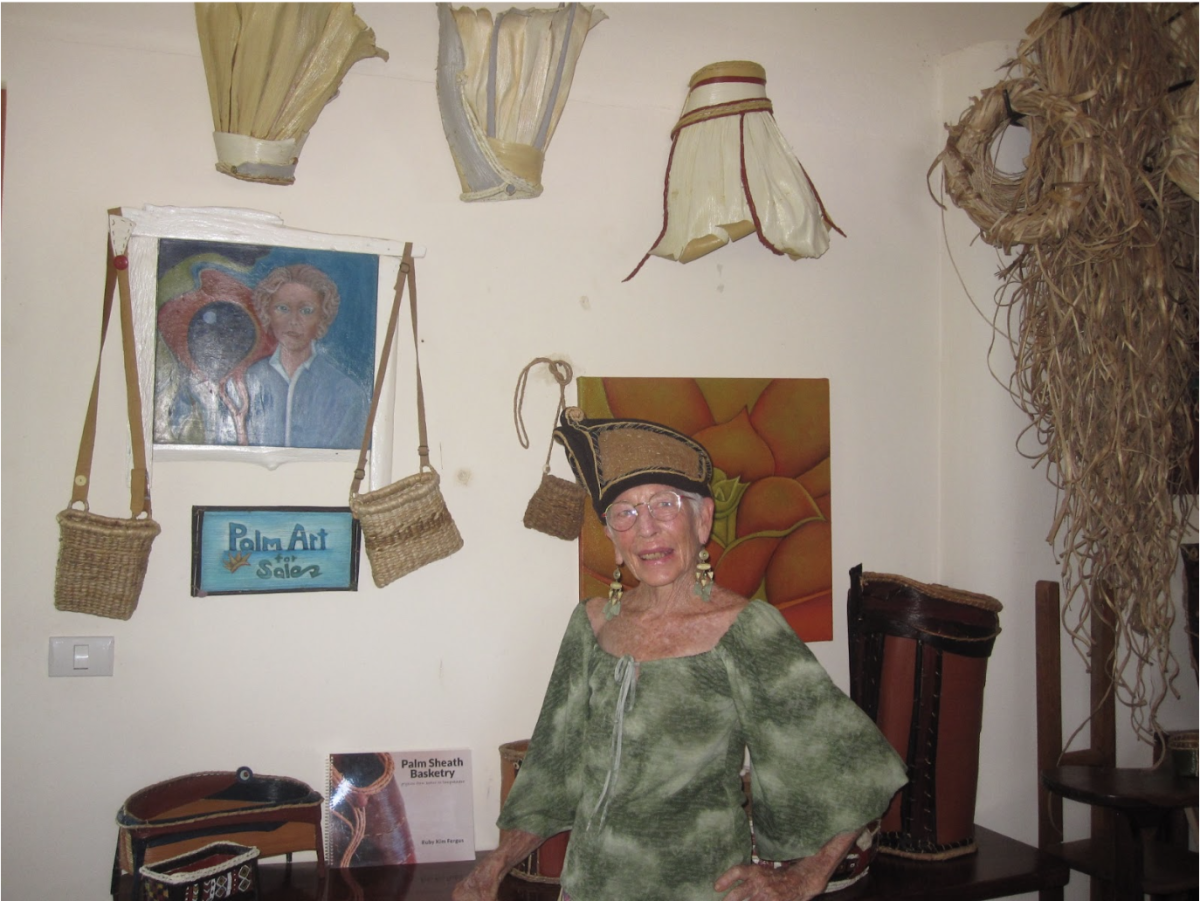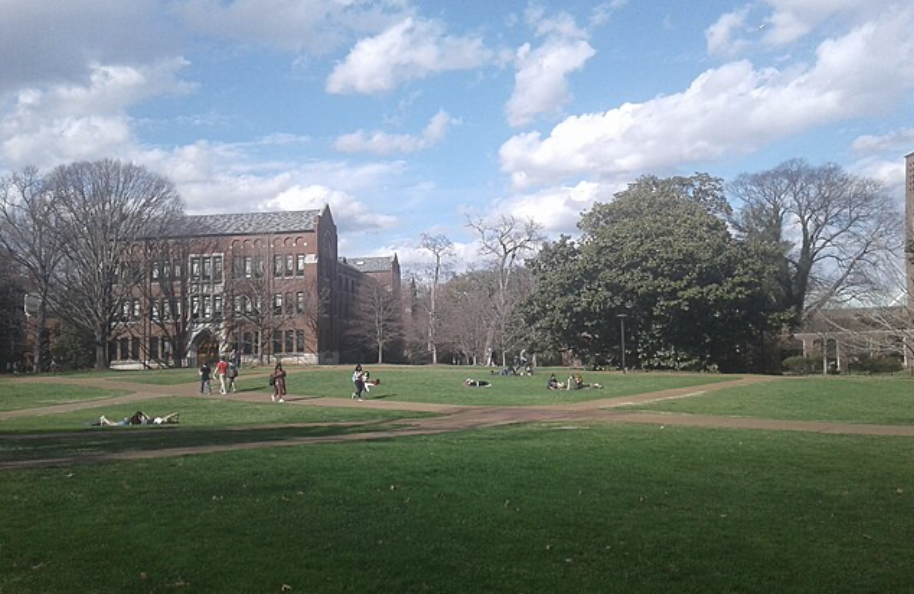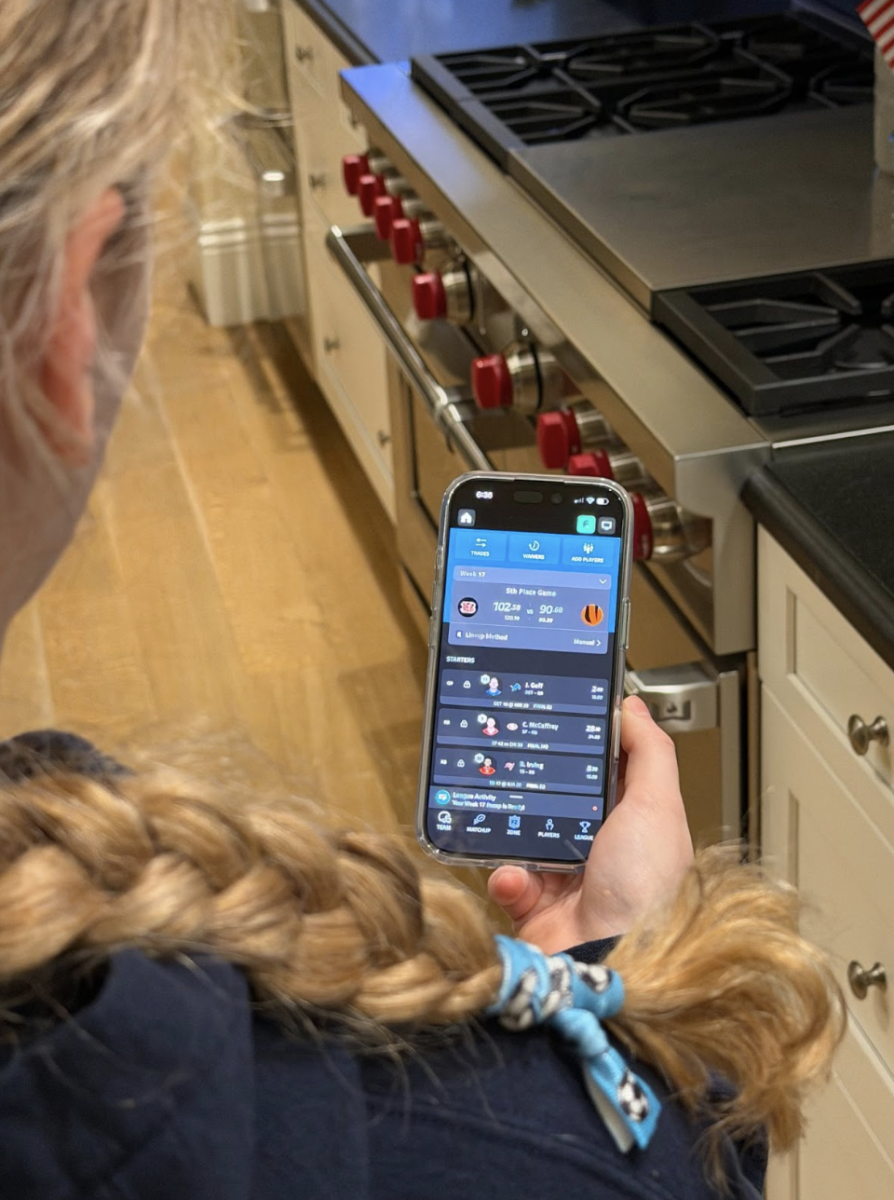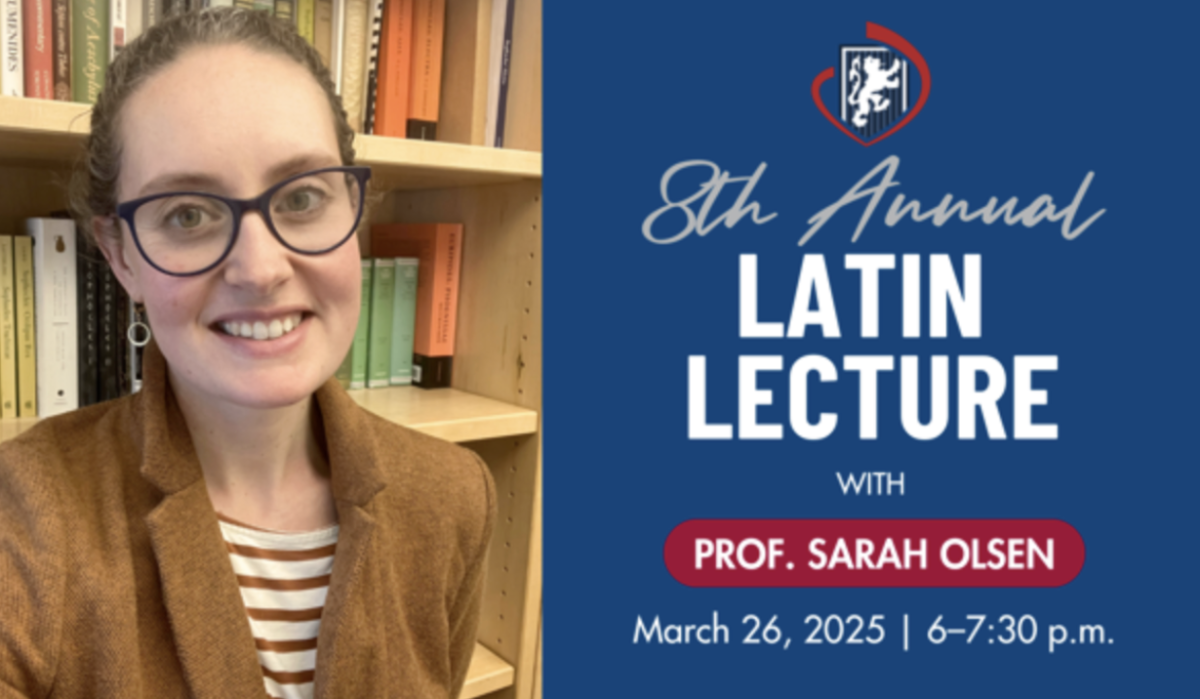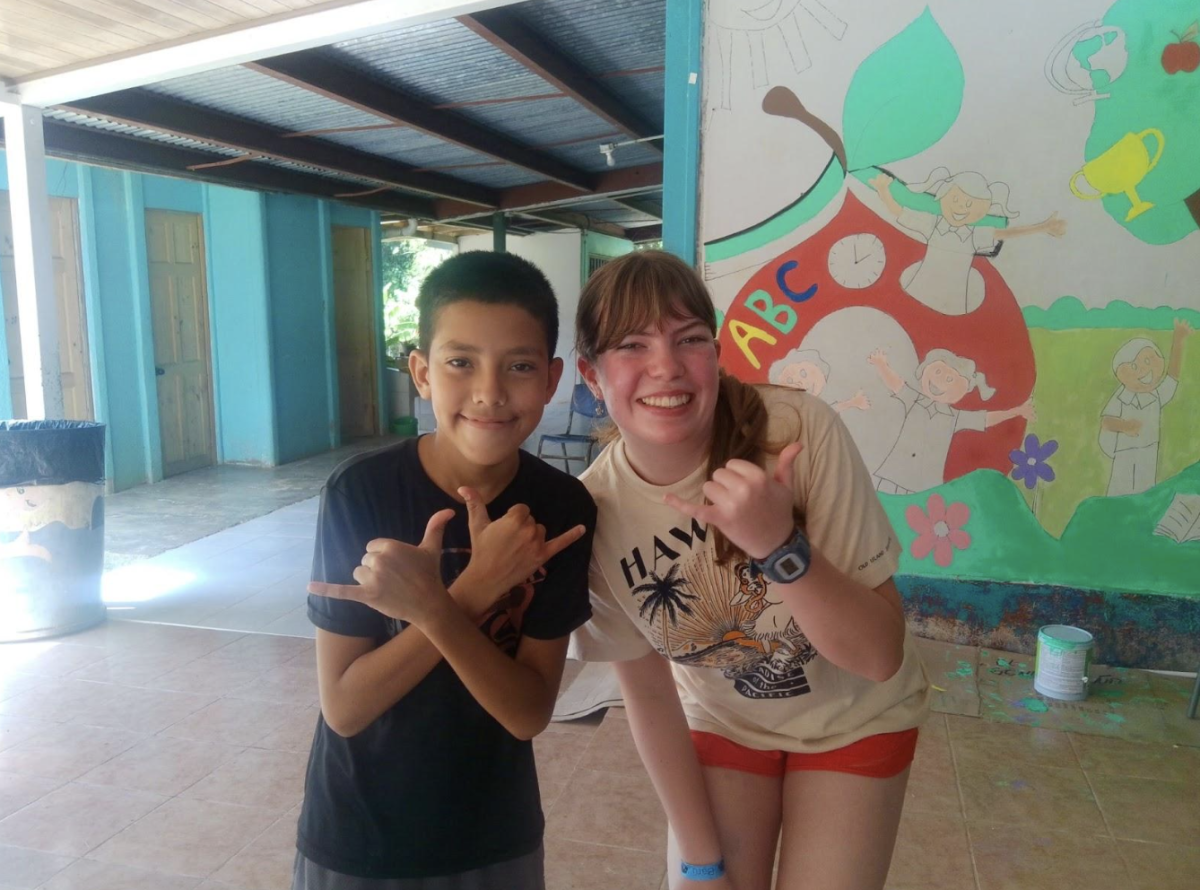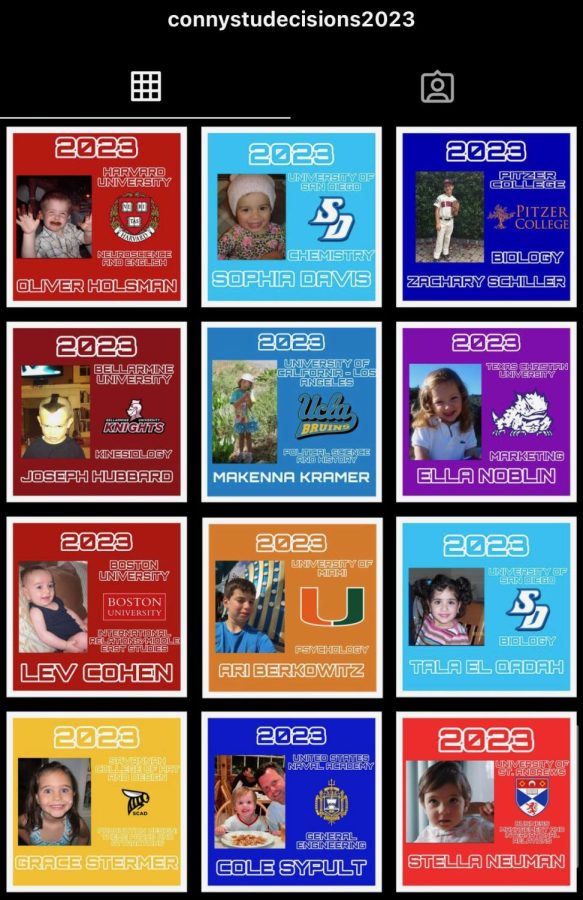Zoë Newcomb
Editor-in-Chief
Getting into a good college requires good grades, community service, club activities, a job, a sport and perfect test grades, according to Anna, a sophomore who asked her name be changed. With so much to balance, cheating is the only way Anna says she gets anything done.
“After seven hours at school and an exhausting sports practice, it is impossible to finish five hours of homework,” Anna said. “I don’t want to cheat, but it’s a survival technique. I’m smart, I work hard and I’ve given up a social life to do well in school, but it’s just not enough.”
Anna said she tries to just cheat on the little things — “the busywork,” but in the end she does what she needs to in order to get good grades.
“At first I felt horrible, but then I kept doing it and doing it and slowly it didn’t bother me as much,” Anna said. “Either I get good grades and get into a good college, or I just fail at life.”
Any case of academic dishonesty at CSH can result in suspension or expulsion, but while Dean Rachel Simpson stresses that cheating is a “serious offense,” ultimately catching each instance of academic dishonesty is less important than instilling integrity in students.
“The most important part is how much attention we pay to Goal 5 and the wise freedom that it gives students,” Simpson said. “It’s the inner compass that drives us all.”
After only one semester as dean at CSH after a three-year tenure at SHHS, Simpson said she has encountered very few incidents of plagiarism, but that she doesn’t want to come across as “naive” by saying that it doesn’t happen.
“In my heart of hearts I’d like to say it is less than that,” Simpson said, referencing studies that place national cheating rates at about 60 percent. “But it’s my job to know that cheating does happen. It’s not ideal, but it’s true.”

Simpson’s realism is confirmed in an Internet survey given by The Broadview to 97 CSH students, representing more than half the student body. Sixty-six percent of these students admitted to having cheated on a homework assignment.
However, only 38 percent of students admit to having cheated on
a test and even fewer, 29 percent, say they have stolen ideas off the Internet.
This nearly 30 percent gap between cheating on homework and on tests may have something to do with student’s understanding of plagiarism. The problem may not be that students are blatantly plagiarizing, but that the line between acceptable and unacceptable behavior has been blurred, according to a study by the University of Nebraska Lincoln.
“Of course I don’t cheat on tests or major papers or anything like that,” Haley, a junior who asked her named be changed, said. “I only copy homework and stuff like that. I know that I could do it on my own, but I just don’t have the time.”
Haley went on to explain the pressure of balancing after-school activities, AP classes and sports is just too much for her to handle.
“There is a temptation when you’re overwhelmed to try and survive,” science department chair Ray Cinti said. “I don’t think it’s a conscious decision for students to hurt themselves, because that is what they’re doing, but they’re put in a precarious spot.”
Because many of their classmates copy homework assignments or sneak a peak on a test, a student might become more inclined to cheat themselves, according to the study.
“Everyone does it,” Haley said. “I don’t think teachers realize that one and a half hours of homework for one class might not seem like a lot, but when you multiply that by four classes, it means I’m doing minimum six hours of homework every night. That doesn’t even include studying for tests or quizzes. It’s just not possible.”
Simpson describes this influence as a “herd mentality,” but emphasized that such a mindset does not validate any form of plagiarism.
“In one of my classes, everybody is doing badly and nobody knows what is going on, so we all just copy each other’s homework until we are able to get it finished,” Anna said.
In the study given to a high school classroom by the University of Nebraska-Lincoln, 87 percent of students confessed to having cheated during a test, a 49 percent higher rate than students surveyed at CSH.
“It’s not fair to me when the rest of my class cheats on an assignment,” senior Katie Carlson said. “I work really hard and don’t cheat, but everyone else gets the same grade as me because they all copy answers.”
Carlson said despite the pressure of college applications and Advanced Placement classes, cheating isn’t something she believes she needs to succeed.
“We get so much support at Convent,” Carlson said. “If I can’t handle it I just go to my teacher. Why would I need to cheat?”
The CSH Academic Council, made up of Department Heads, administrators and the College Counseling Department, have been looking recently at ways to “take away” the temptation to cheat, said Simpson. The council meets on a regular basis to assess pressure on students, and has recently been discussing revising the CSH academic policy with stronger language to make it more specific.
Haley does admit that while she is under an immense amount of pressure, sometime she cheats because she procrastinated on getting work done.
“I can’t just blame my teachers or the school, because it’s partially my fault,” Haley said. “Sometimes I spend hours on Facebook and Hulu, and by the time I start my homework it’s already 11 or 12.”
Cinti said students at CSH who cheat out of laziness are in the minority.
“There always are going to be a couple of self-afflicting or procrastinating students, but for the students who honestly work hard at school, do a sport and get home late, they’re put in a hard spot,” Cinti said.
Although students like Haley and Anna cheat in order to do well on assignments they say they could do on their own, other students like Amanda, a sophomore who asked her name be changed, copies homework and cheats on tests in order to appear smarter.
“They expect us to be perfect and I want to be perfect,” Amanda said. “So I do whatever I can to live up to that expectation.”
Simpson said she hopes after four years at CSH, students learn about honesty and integrity — and don’t feel the type of pressure that Amanda feels.
“If students haven’t learned what wise freedom means, then we aren’t doing our job,” Simpson said.
For many students, like Anna, Haley and Amanda, plagiarism is not something they enjoy, but something they continue out of what they say is necessity.
“Now I get amazing grades and my teachers think I’m really smart,” Amanda said. “What am I supposed to do?”








